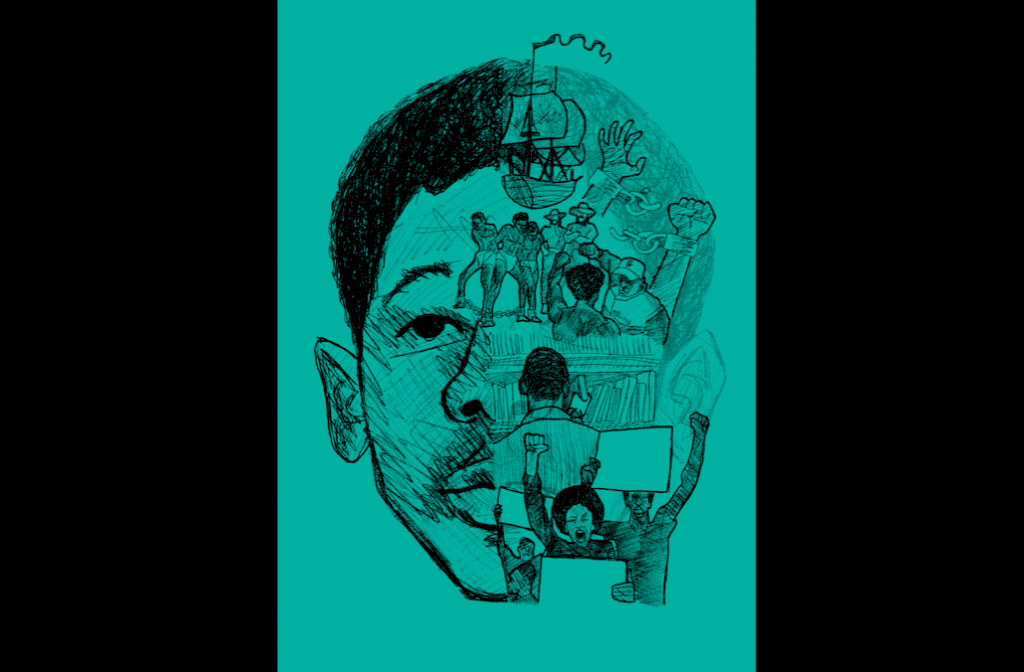Tropenmuseum, Amsterdam, Netherlands
06 Oct 2018 - 31 Dec 2019

Design: Brian Elstak
In Afterlives of Slavery visitors are confronted with today’s legacies of slavery and colonialism in the Netherlands. Semi-permanent from October 6th – Slavery and the personal accounts of the enslaved form part of a common history shared by black and white – a past that continues to shape and influence Dutch society today.
The exhibition places the enslaved and their descendants centre stage. To initiate a sometimes difficult but productive dialogue, the Tropenmuseum has sought out personal stories from past and present that bring the history of slavery and its current-day legacies up close.
History of Slavery
The pieces on display from the Tropenmuseum’s collection – tangible relics of the history of slavery – serve to intensify the experience. Afterlives of Slaverypresages the permanent display on the contemporary legacies of slavery and colonialism (2021).
Connection between past and present
For many Dutch people, the link between the country’s historic involvement in slavery and present-day society is unclear. But for large groups in our society the legacies of slavery can still be felt today. For Dutch black people, the links between slavery and inequality, racism and discrimination are painfully obvious.
Shared history of slavery
White Dutch people may not have the same daily experience, but this common history is just as much about them. What is our shared history of slavery? And how do we approach it today? How can we forge a joint future? These are the key issues which the Tropenmuseum seeks to explore with its visitors through this exhibition.
Abolishment Slavery
Slavery was abolished in the Dutch colonies in 1863, but it was only in 1873 that the enslaved were free to leave the plantations. It all seems a long time ago, but the unequal race relations built up over hundreds of years have not simply disappeared. The Netherlands has been shaped by its past involvement in slavery, which continues to leave its mark on Dutch society to this day.
Balace of historical power relations
Historical power relations have created an inequality that many Dutch people are still confronted with daily. Racism, prejudice and economic inequality based on skin colour and country of origin is still prevalent.
Society movements
Today there are various groups in Dutch civil society promoting public awareness and equality of opportunity. They speak out against the traditional blackamoor ‘Zwarte Piet’, oppose ethnic profiling by the police and agitate for inclusive education.
Political activism
But political activism has been around a lot longer: around the time of Suriname’s independence (1975), black liberation movements such as the National Organisation of Surinamese in the Netherlands were already speaking out against discrimination and racism.
Assembled by
This exhibition, designed by devrijervandongen, is a preliminary to a major presentation on the Netherlands’ colonial past and has been curated by staff at the Tropenmuseum with considerable help from external advisors. The museum is eager to take critical responses to the exhibition’s content on board for the follow-up.
Afterlives of Slavery is co-funded by the BankGiro Loterij, Creative Europe program of the European Union and Mondriaan Fund. Campaign illustration by Brian Elstak.